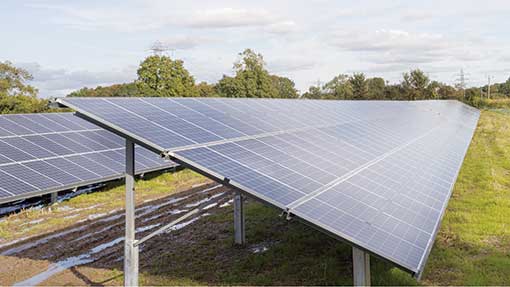Revised EU energy and carbon targets send ‘unclear message’

Legally-binding national renewable energy targets are to be scrapped and replaced with a binding EU-wide target of 27%.
A 40% EU-wide reduction in greenhouse gas emissions (GHGE) on 1990 levels by 2030 was also agreed this week.
These will replace the previous targets for 2020 of a 20% cut in emissions against 1990 levels and for 20% of energy consumption to come from renewable sources.
The changes mean member states will be allowed to reach the carbon reduction target through their own energy mix choices.
The new EU renewable energy target would be achieved through new national energy plans, said the European Commission. However, it is unclear how each country’s renewables targets will be decided and they are not expected to be legally binding.
See renewables still a good deal despite FiT cuts
Without binding targets, the renewables market had little impetus to grow and develop, warned the Renewable Energy Association (REA).
“Experience shows that binding renewables targets do two things,” said Dr Nina Skorupska, chief executive of the REA. “First, they give a major long-term boost to investor confidence, helping accelerate market growth and technology cost reduction.
“Second, politics frequently trumps economics in the real world, and when politicians go wobbly on renewables, the targets help keep investment flowing.”
The u-turn on renewable energy was yet another politically unclear message, said Jonathan Scurlock, NFU chief advisor on renewable energy and climate change.
“It is rather disappointing and a completely different change of tone,” he said. “The failure to send a clear message to the renewable energy supply chain makes some investors nervous.”
The government showed a “lack of enthusiasm” for renewables, said Dr Scurlock, while showing encouragement of fracking.
This was echoed by the REA, who described the government’s messaging on energy as “lopsided.”
“Senior ministers frequently trumpet the benefits of nuclear and shale gas while playing down their drawbacks,” said Dr Skorupska. “Yet they do the exact opposite for renewables.”
There were many reasons why diversifying into renewable energy was still a good business decision for farmers, said Dr Scurlock, including as a way to offset rising energy prices. He said if UK farms were to remain competitive, renewable technologies would be needed.
